- UEC announces 1,025 MPs elected in 2025 general elections
- Junta tightens travel restrictions on Arakanese people in mainland Myanmar
- Regime steps up offensive toward Arakan State via Ayeyarwady coastal route
- Elderly IDP killed, two others injured in junta airstrike on Kyaukphyu village
- AAPP urges urgent international action as junta crimes against humanity escalate
Rice prices rise in Sittwe
Rice prices have shot up in the Arakan State capital Sittwe recently, according to local rice sellers.
30 Jul 2022
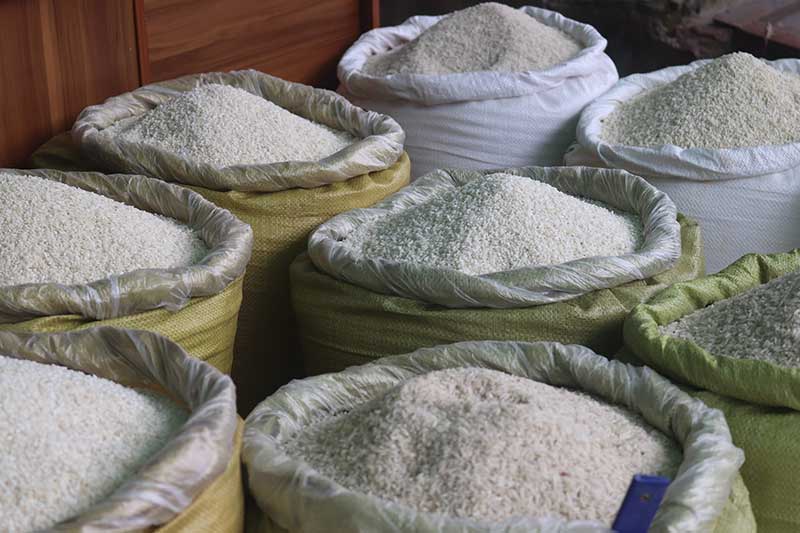
DMG Newsroom
30 July 2022, Sittwe
Rice prices have shot up in the Arakan State capital Sittwe recently, according to local rice sellers.
The price of a 24-pyi sack of Paw Hsan Mwe, the most popular variety of rice among Sittwe residents, has increased by K3,000, from K45,000 in early July to K48,000 on Saturday, according to rice dealer Daw Khin Zin Zin Win in Sittwe.
Rice prices have increased in Sittwe due to rice price hikes in Yangon, the commercial capital, said rice sellers. Rice prices may continue to rise, they said.
“We heard that in Yangon, rice prices have increased by around K10,000. Here, the prices have only increased by K2,000 to K3,000. But it is likely that prices may go up further,” said U Akhin Che, a rice seller in Sittwe’s central market.
The price increase was followed by a wave of panic buying in Sittwe as residents fear that prices may increase further.
Other varieties of rice have also increased in price. As rice is the staple in Myanmar, the price rise is taking a toll on low-income families, said Daw Thein Thein Nu from west Sanpya ward in Sittwe.
“Every morning, as soon as I wake up, the first thing that comes into my mind is if any food has gone up in price today. For low-income families like us, rice price increases affect us more seriously than increases in prices of other commodities,” she said.
Businessmen in Arakan State said rice price rises are normal at this time of year as stocks dwindle and monsoon paddy is being grown, but it is also possible that rice merchants are manipulating the market.
U Khin Maung Gyi, the vice chairman of Rakhine Economic Initiative Public Co Ltd, said the price increase is partly caused by post-coup political turmoil.
“Normally rice prices go up at this time of year. But prices can increase further this year because overall costs have gone up. For example, as transportation costs are high, rice sellers may increase their selling prices,” he said.
Myanmar’s economy has been spiraling downward since the coup, and people in Arakan State are also affected by a surge in costs of living as the prices of not only foods, but other commodities including fuel have increased.




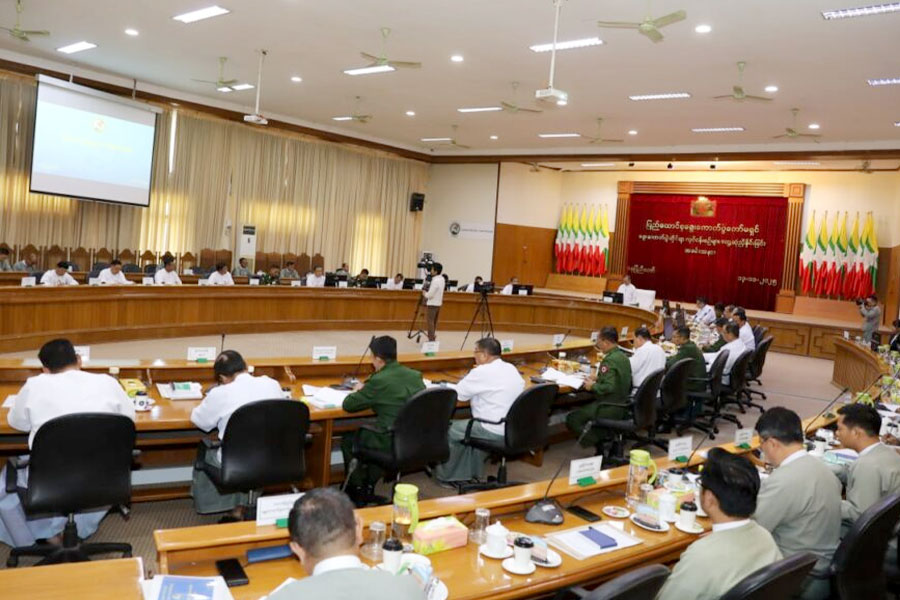
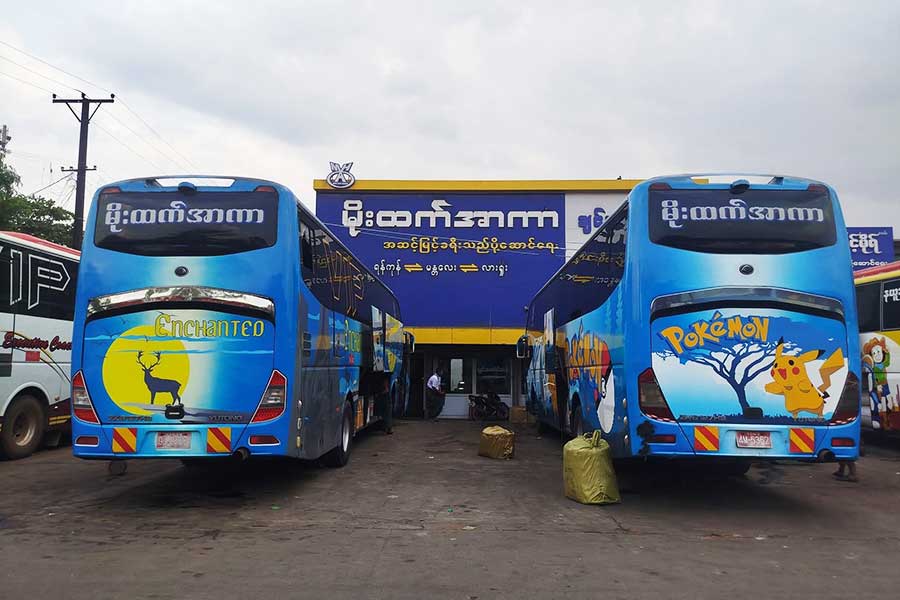
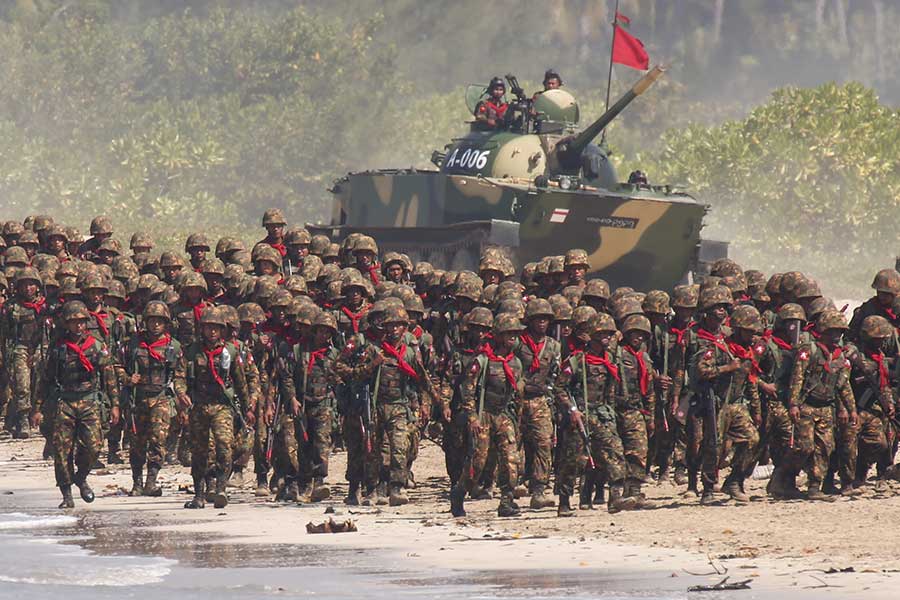
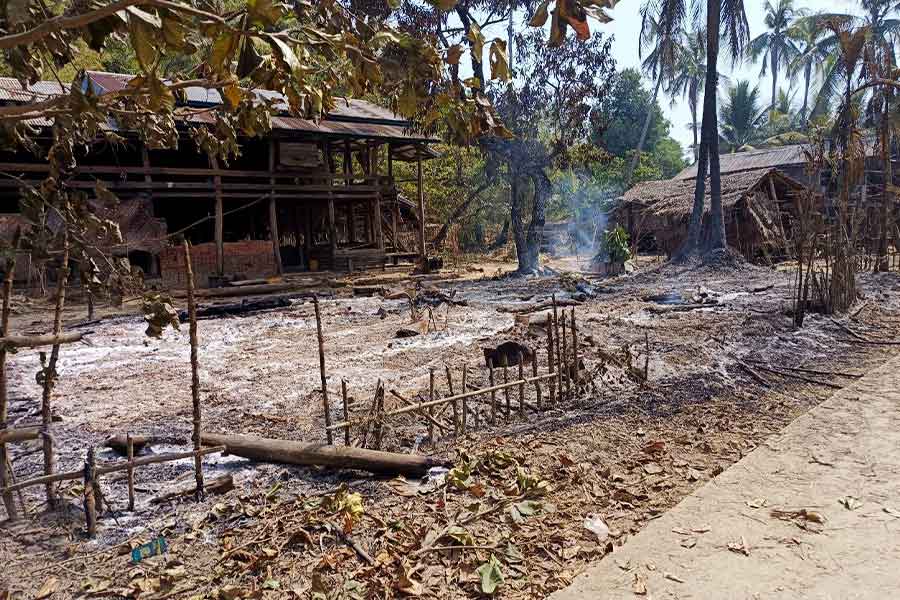
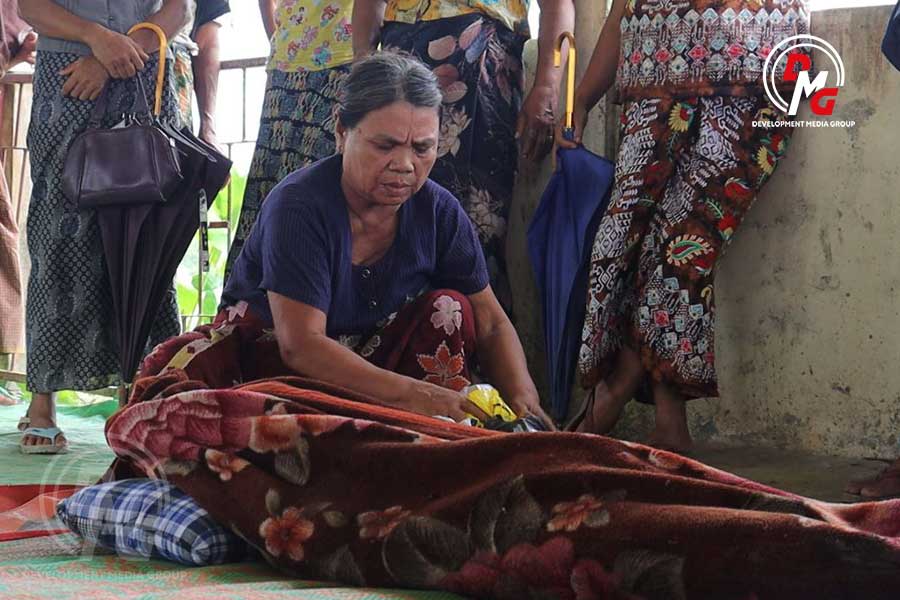






.jpg)

